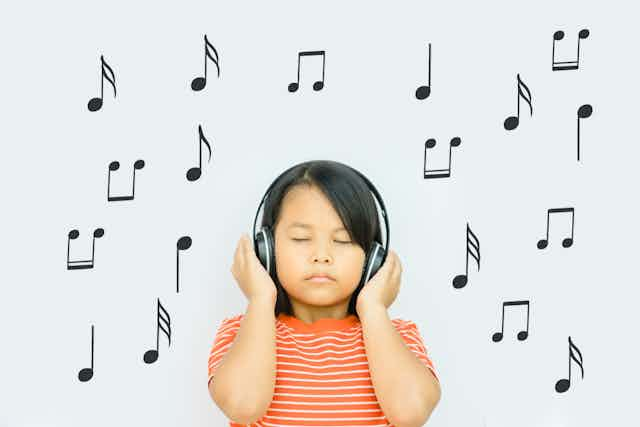Music is a vital part of our lives. It is impossible to live without music. Research has revealed that different kinds (or kinds of music) may trigger blood pressure fluctuations. Metal and rock can are more beneficial than tracks that resemble tranquilizers and hormone changes. Metal transports us on a journey to new areas and the soothing influence of acoustic instruments aids in regulating everything from moods to appetite.
The notion that music could affect our mental health isn’t new. There were cultures that used drumming and singing for healing purposes thousands of years ago. We know now that this method of healing can be beneficial for dealing with anxiety as well as post-traumatic stress disorder (PTSD). There is no limit to the number of people who could benefit from it, because everyone has different concerns about their moods, emotions and moods.

It is a method that most people are already involved in in some way. The foundation of treatment is music, and it is more likely to assist those who require healing than other methods because they will feel an instant connection and experience a change in their mood just by listening. To ensure that this approach is 100 percent effective, therapists often write songs or lyrics based on traditional songs. However, they may additionally use mindfulness exercises that require people to focus on certain sound waves.
Who is most likely to gain from music therapy?
Music therapy is used to relieve stress and prepare for workouts It’s also being studied as an alternative treatment for different mental illnesses.
1. Hearing Impairment
Music therapy has been proven to assist those hearing impaired by helping them improve their speech formation. It is not common for people with hearing impairments can hear continuously. However there are people who experience a degree of sensation. Music therapy is a great way to improve the quality of speech and intonation.
2. Autism
As a way to assist people with autistic spectrum disorder (ASD) patients, music therapy has been found to be successful. It is possible to combine music therapy with standard treatment to help individuals with autism spectrum disorders (ASD). It appears that it could lead to more productive lives. The time between social withdrawal and isolation were shorter when kids received the two types of treatment compared to one of them. This suggests there’s a certain benefit when combining these two types since most boys who receive enhanced social skills also show improvement in social interactions with their families too.
3. Chronic Pain
Music and pain can help to soothe sufferers. So, it’s no surprise that many people experience less physical pain when using music therapy to relieve their emotional stress. This can be accomplished by allowing your attention to be able to relax away from uncomfortable sensations. It’s similar to how we utilize our ears while listening to music or playing the piano when there is nothing other.
For more information, click house of music book